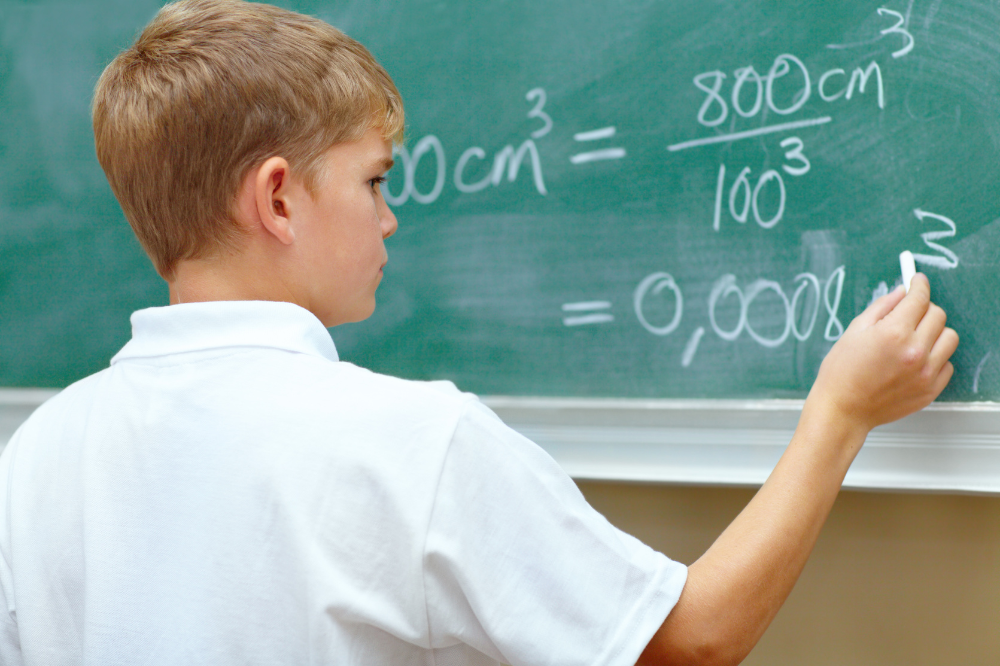
Recent results from the Trends in International Mathematics and Science Study (TIMSS) have revealed a concerning statistic - Australia now has the world’s worst gender gap in maths and science. Among 58 countries tested, Australian girls have fallen further behind boys in both subjects, raising alarm bells about the future of STEM education and careers for women.
The issue is compounded by declining enrolments in both male and females in advanced mathematics and science subjects at the HSC level. A report from the Australian Mathematical Sciences Institute (AMSI) highlights that participation in top-level maths is at an all-time low nationwide. Enrolments in HSC advanced maths have dropped by 17% since 2004, with a similar decline in physics and extension courses. This downward trend signals a need for renewed focus on fostering a love for mathematics, especially among young girls.
Lisa Rodgers from 3P Learning, which runs Mathletics World Maths Day, emphasised the importance of strong foundations in primary school to boost long-term engagement with maths.
“The key to encouraging students to pursue maths at higher levels starts in primary school,” Rodgers said. “When maths is taught explicitly from the early years in an engaging way - focusing on core skills like operations, times tables, and fact fluency, students build confidence, experience success, and are more likely to stay engaged as they progress through school.”
One initiative aiming to inspire students and promote maths as an essential life skill is World Maths Day, a global celebration of mathematics which took place on Wednesday, March 26. Open to all students from Kindergarten to Year 12, the free event invited participants to engage in fun, fast-paced maths challenges through online mathematics program Mathletics. Over 10 million students from 150+ countries took part in 60-second live Mathletics challenges, reinforcing that maths is not just about numbers—it’s a universal language that connects people across the globe.
Cloris and Iris Xu are gold medallists in maths, and, just like regular Olympians, they travel to cities around the world to compete with the best of the best! The Year 12 Baulkham Hills High twins (2024) have represented Australia at the European Girls’ Mathematical Olympiad, competing with girls from more than 50 other nations. In 2024, the Australian team ranked second out of 54 countries, with both Cloris and Iris receiving gold medals.
Their insights offer valuable encouragement:
Maths is fun and everywhere: “Math isn’t just about formulas; it’s a source of curiosity and creativity. Whether solving puzzles, exploring nature’s patterns, or optimizing daily tasks, maths brings excitement beyond the classroom.”
Everyone can do maths: “Like any skill, it takes practice and patience. Struggling with a problem doesn’t mean you’re bad at maths - it means you’re learning something new.”
Maths is a universal language: “Regardless of where you are in the world, mathematical principles remain the same, making it a tool for global connection.”
Tips for excelling in maths: “Focus on understanding concepts rather than memorising, reflect on mistakes to improve, and always stay curious by asking questions.”
The above article was submitted to The Educator by 3P Learning, the team behind the world's most used educational website – Mathletics.


